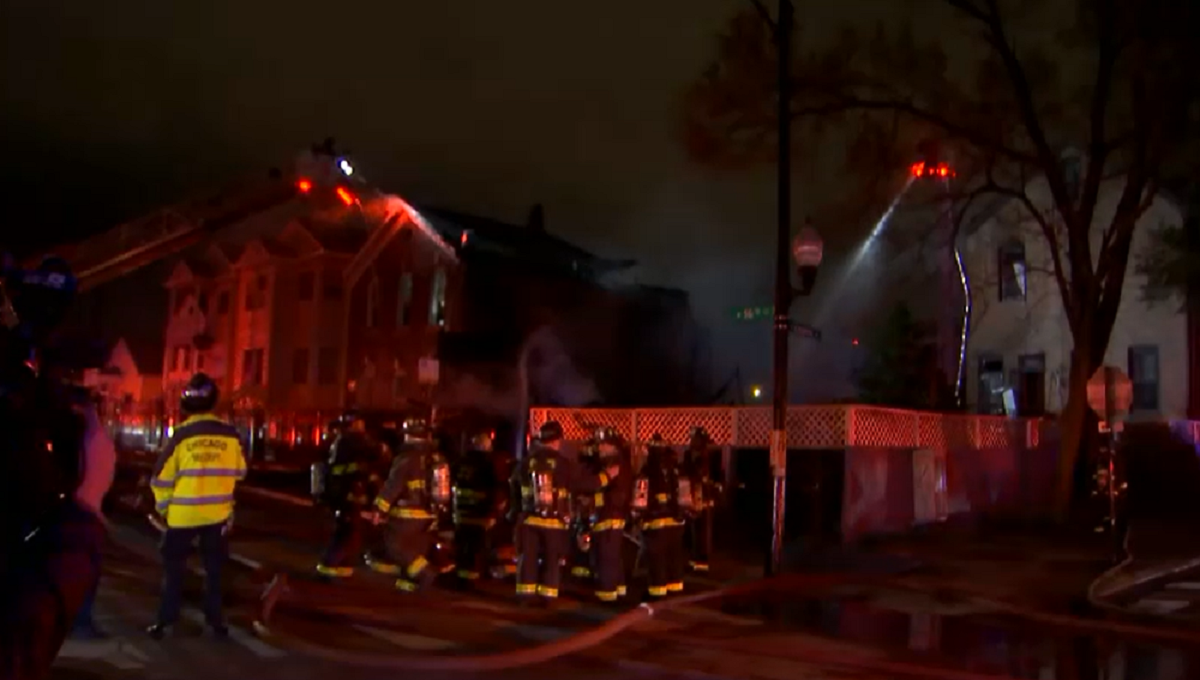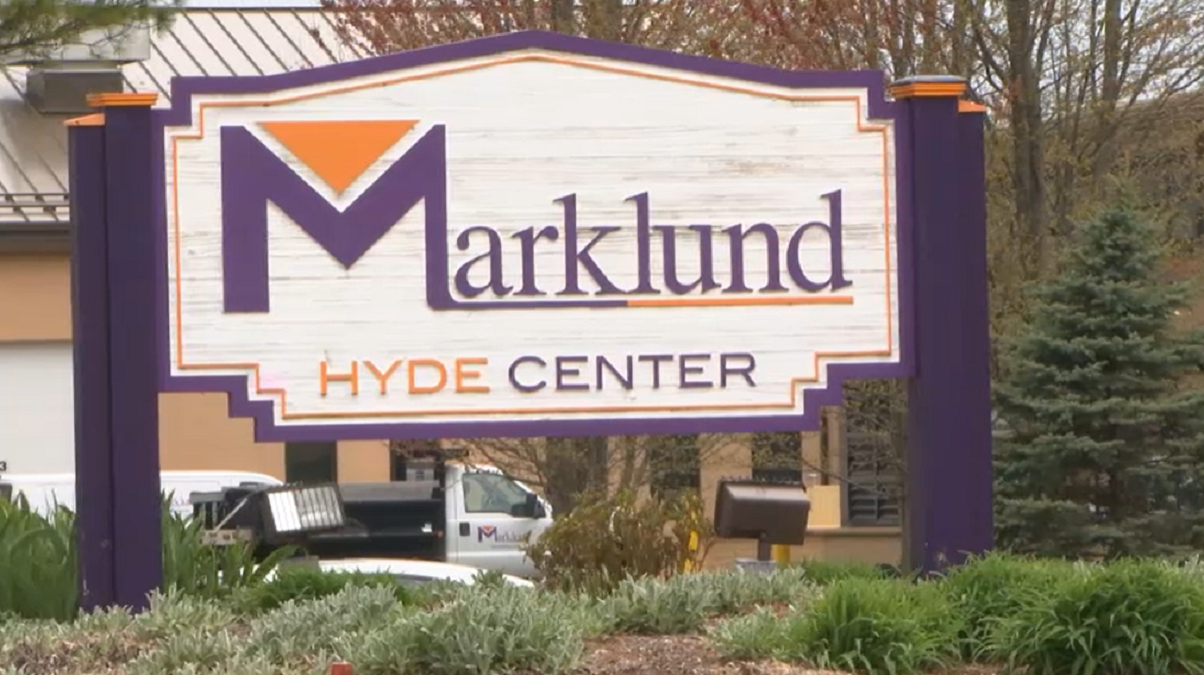A suburban law firm has announced plans to represent Steven Avery, the subject of the Netflix documentary “Making a Murderer,” "in all of his pending criminal matters."
Kathleen T. Zellner & Associates, P.C. in Downers Grove said Friday it will assume “the full and complete representation of Steven Avery.”
“The Zellner Law Firm is looking forward to adding Mr. Avery to its long list of wrongful conviction exonerations,” the firm said in a statement.
The firm will join Wisconsin counsel Tricia Bushnell, the legal director of the Midwest Innocence Project, the statement said.
Avery made national headlines in 2003 when he was released after spending nearly two decades behind bars after being wrongfully convicted of rape. Two years later, Avery and his then-teenage nephew Brendan Dassey were charged in the killing of photographer Teresa Halbach, who visited the Avery family salvage yard to take photos of a minivan on Halloween. Her bones and belongings were found burned near Avery's trailer. Both were convicted and sentenced to life terms, but only Dassey is eligible for parole — in 2048.
Both Avery's and Dassey's cases were featured in the gripping Netflix documentary “Making a Murderer.”
The documentary strongly suggests the possibility that Manitowoc County, Wisconsin sheriff's deputies planted evidence against Avery, including a key found in his bedroom and blood found in the victim's vehicle. But Sheriff Robert Hermann has denied that claim.
Local
"They did not plant evidence," Hermann said. "I trust them 100 percent. Quite frankly, I think justice was served in this case."
The 10-part series has prompted watchers across the nation to flood message boards and Twitter feeds, even prompting a response from the White House.
Authorities involved with the Wisconsin case are saying the series is slanted and omits crucial facts that led to Avery and Dassey being found guilty in the death of Halbach.
The filmmakers, meanwhile, are standing by their work that spans nearly a decade and largely concentrates on the defense and perspective of Avery and Dassey's relatives.
Lawyers with Northwestern University’s Center for Wrongful Convictions of Youth are currently awaiting a ruling on a Habeas petition filed on behalf of Dassey, hoping to force a new trial in his case. They have argued that Dassey’s trial was plagued by the actions of his former attorney, who was removed from the case, and claim that Dassey’s confession was coerced.
The state, however, has said that the attorney's removal happened before his trial and have argued that Dassey fails to show that an appeals court's decision was unreasonable.



